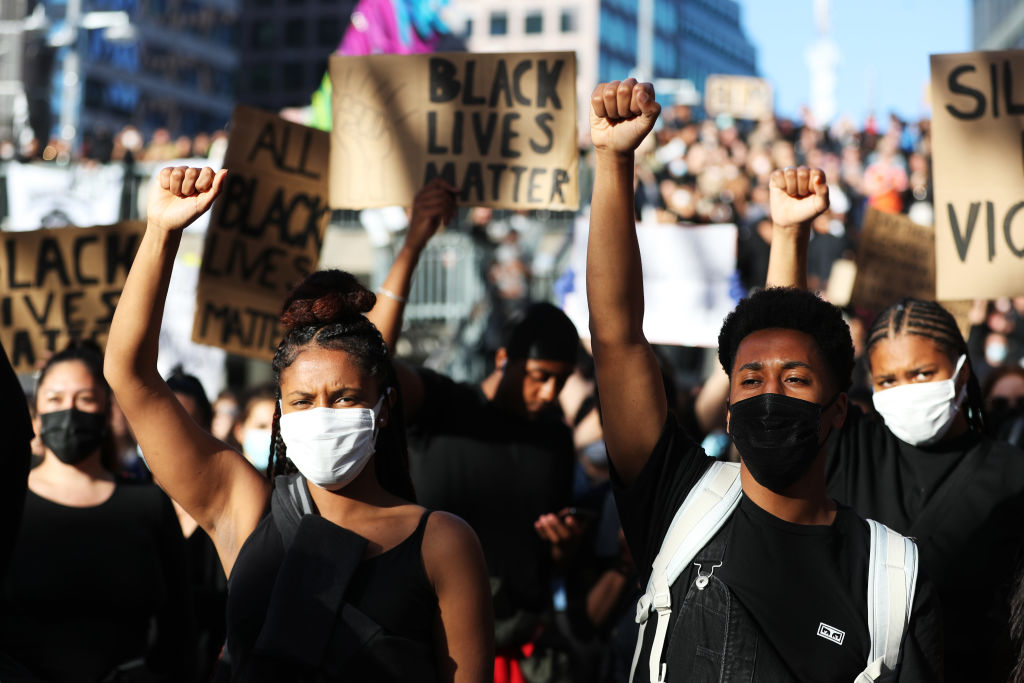In the year following George Floyd’s death, only 6 percent of new S&P 100 jobs were filled by white applicants, according to an analysis by Bloomberg News.
The data, sourced from reports to the Equal Employment Opportunity Commission (EEOC), revealed that out of 323,094 new jobs created by S&P 100 companies between 2020 and 2021, a staggering 302,570 – or 94 percent – were given to “people of color,” encompassing blacks, Asians, and Hispanics. This is despite these groups accounting for only 40 percent of the U.S population.
The large disparity has prompted renewed debate about the role of race in corporate hiring, already a contentious issue in light of the Supreme Court’s ban on affirmative action in college admissions. In addition to high-profile diversity initiatives, it seems race-conscious decision-making has permeated routine employment decisions.
Dan Morenoff, the executive director of the American Civil Rights Project, commented on the figures, stating, “These numbers are extraordinarily stark. It’s very hard to imagine this could be legally defensible.” He further noted that “disparate impact,” or disparities in outcomes, can be a basis for liability even without evidence of intentional discrimination. An example of this was seen when the Justice Department sued Meta, Facebook’s parent company, arguing that the platform’s algorithms affect users differently based on their race.
Several major corporations, including Starbucks, Facebook, BlackRock, and Verizon, have implemented measures to incentivize workforce diversity through financial means. These companies tie executive compensation to racial targets, with some even incorporating such targets into their credit agreements with banks, thereby linking the cost of borrowing to minority representation.
Andrea Lucas, a commissioner at the Equal Employment Opportunity Commission, warned of potential legal risks associated with these practices. “The more a company seeks to ensure diversity ‘goals’ are achieved through significant financial pressure, the higher the risk that a court might find that such ‘goals’ actually are unlawful quotas,” she said in July.













